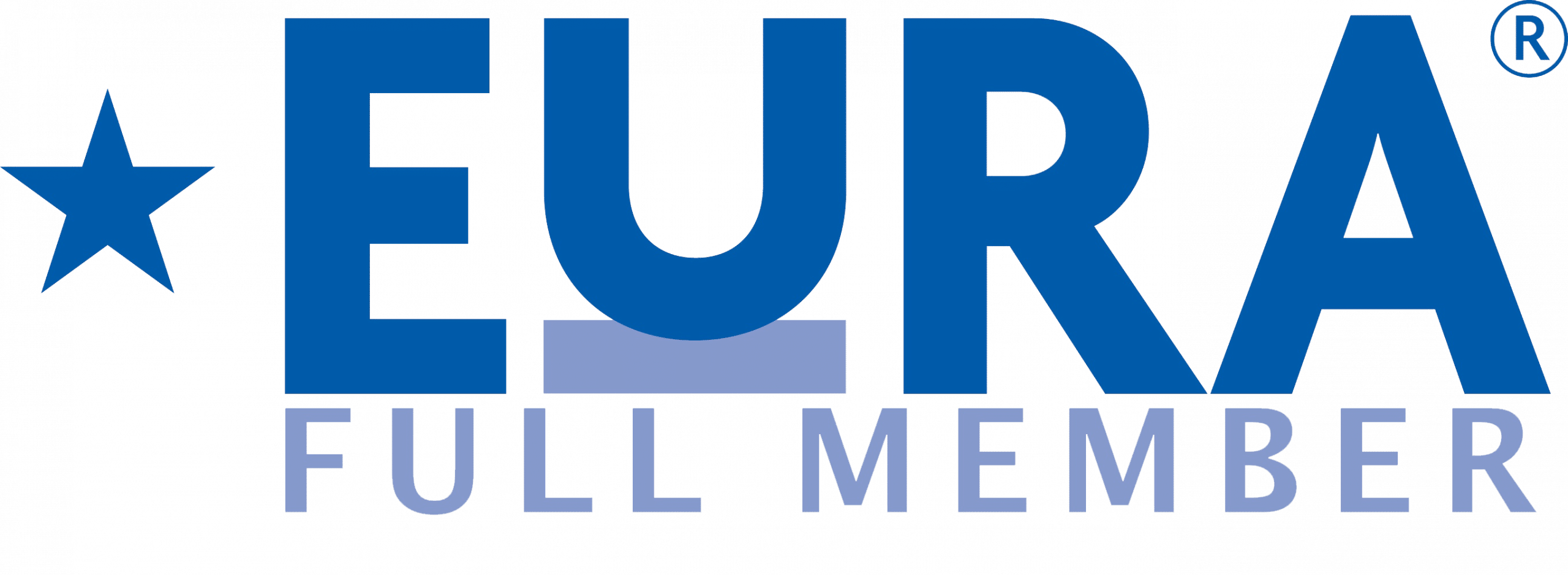
Altair Advisor – Tax Reform – A Modern-day Drama
As Congress wrestles with tax reform, the only thing most parties agree upon is dissatisfaction with certain provisions that eliminate popular deductions. For the mobility industry, the proposed changes will have immediate and widespread consequences.
Setting the Stage
On November 16, the House of Representatives, by a vote of 227 to 205 , ( generally along party lines ) approved the Tax Cut and Jobs Act (“TC JA”). The House plan calls for sweeping changes to the Internal Revenue Code for individual s and business es . Focus now turns to the Senate, which is struggling with its own tax reform plan. Following approval in the Senate – not at all certain with the already – announced defection of Senator Ron Johnson (R – WI) – a panel representing both chambers will be called to reconcile the conflicting bills into a single tax bill that will be submitted to and, presumably, signed by President Trump.
Among its more popular features, the TCJA cuts tax rates for individuals from the current seven brackets to four (i.e., 12%, 25%, 35% , and 39.6%) , and fo r businesses, from 35% to 20%. It nearly doubles the standard deduction from $6,700, making the first $12,000 for individuals and $24,000 for married couples filing jointly, tax free. In exchange, most common (and highly popular) personal exemptions are eliminated. Up to $10,000 in property taxes will still be deductible but state and local income taxes (“ SALT”) will go a way. Other exemptions are likewise eliminated (e.g., medical expenses, theft or loss of valuables , and college expenses, etc.).
The Major Conflict
Global mobility professionals are most troubled by loss of the mortgage interest deduction, elimination of t he moving expense deduction , and SALT deductibility. Under the House plan, mortgage interest deduction would be limited to $500,000 from the current $1 million. The moving expense deduction (i.e., household goods including up to 30 days’ storage in transit and final trip expenses excluding meals) goes away in 2018 except for members of the military.
For the approximately 30% of taxpayers who itemize on their tax returns, the impact of the losses may be substantial. These are the people who traditionally own their homes and are more likely to be upwardly mobile ( and t herefore subject to transfer ) . Loss of the SALT deduction will be most strongly felt by residents of highly dense states – such as California, New Jersey , and New York – which hav e the highest state tax rates. The TCJA faces stiff opposition from trade associations such as American Moving and Storage Association (“AMSA”) and the National Association of REALTORS ® (“NAR”).
With approval of the House bill, attention now turns to the Senate , which is expected to begin debate after the Thanksgiving break. It remains to be seen whether the Senate can adopt anything (with a margin of just two members, one having already declared his opposition) and even more uncertain whether the joint Congress can put a consolidated bill on the President’s desk.
Preparing For The Final
Altair Global is closely monitoring Congressional efforts with an eye toward minimizing any adverse impacts on our clients and their relocating employees. Steps include:
- Ensuring all employee and supplier payments are paid timely and within the 2017 tax year;
- Notifying suppliers of the importance of ensuring all accounts are reconciled and invoices are submitted for services in 2017 – with the understanding that services rendered near year end will inevitably cross into 2018;
- Putting increased focus on household goods partners to issue transportation invoices promptly; and,
- Partnering with our tax professionals to provide awareness to client contacts for soft or hard cutoff dates.
Grab the popcorn, settle into your favorite easy chair, and stay tuned to what will, arguably, be the best show in town.
Altair Global (‘Altair’) has provided this information as a service and convenience for your information only. It is not intended to replace your own legal or financial guidance and/or assistance and you are encouraged to seek the advice of your own tax and legal advisor. Further, the information contained herein is to our knowledge accurate to the extent of the data available to Altair as of the date identified. Altair does not assume responsibility for the accuracy of the contents hereof and is under no obligation to update the material contained herein.
Share This Story, Choose Your Platform!
As Congress wrestles with tax reform, the only thing most parties agree upon is dissatisfaction with certain provisions that eliminate popular deductions. For the mobility industry, the proposed changes will have immediate and widespread consequences.
Setting the Stage
On November 16, the House of Representatives, by a vote of 227 to 205 , ( generally along party lines ) approved the Tax Cut and Jobs Act (“TC JA”). The House plan calls for sweeping changes to the Internal Revenue Code for individual s and business es . Focus now turns to the Senate, which is struggling with its own tax reform plan. Following approval in the Senate – not at all certain with the already – announced defection of Senator Ron Johnson (R – WI) – a panel representing both chambers will be called to reconcile the conflicting bills into a single tax bill that will be submitted to and, presumably, signed by President Trump.
Among its more popular features, the TCJA cuts tax rates for individuals from the current seven brackets to four (i.e., 12%, 25%, 35% , and 39.6%) , and fo r businesses, from 35% to 20%. It nearly doubles the standard deduction from $6,700, making the first $12,000 for individuals and $24,000 for married couples filing jointly, tax free. In exchange, most common (and highly popular) personal exemptions are eliminated. Up to $10,000 in property taxes will still be deductible but state and local income taxes (“ SALT”) will go a way. Other exemptions are likewise eliminated (e.g., medical expenses, theft or loss of valuables , and college expenses, etc.).
The Major Conflict
Global mobility professionals are most troubled by loss of the mortgage interest deduction, elimination of t he moving expense deduction , and SALT deductibility. Under the House plan, mortgage interest deduction would be limited to $500,000 from the current $1 million. The moving expense deduction (i.e., household goods including up to 30 days’ storage in transit and final trip expenses excluding meals) goes away in 2018 except for members of the military.
For the approximately 30% of taxpayers who itemize on their tax returns, the impact of the losses may be substantial. These are the people who traditionally own their homes and are more likely to be upwardly mobile ( and t herefore subject to transfer ) . Loss of the SALT deduction will be most strongly felt by residents of highly dense states – such as California, New Jersey , and New York – which hav e the highest state tax rates. The TCJA faces stiff opposition from trade associations such as American Moving and Storage Association (“AMSA”) and the National Association of REALTORS ® (“NAR”).
With approval of the House bill, attention now turns to the Senate , which is expected to begin debate after the Thanksgiving break. It remains to be seen whether the Senate can adopt anything (with a margin of just two members, one having already declared his opposition) and even more uncertain whether the joint Congress can put a consolidated bill on the President’s desk.
Preparing For The Final
Altair Global is closely monitoring Congressional efforts with an eye toward minimizing any adverse impacts on our clients and their relocating employees. Steps include:
- Ensuring all employee and supplier payments are paid timely and within the 2017 tax year;
- Notifying suppliers of the importance of ensuring all accounts are reconciled and invoices are submitted for services in 2017 – with the understanding that services rendered near year end will inevitably cross into 2018;
- Putting increased focus on household goods partners to issue transportation invoices promptly; and,
- Partnering with our tax professionals to provide awareness to client contacts for soft or hard cutoff dates.
Grab the popcorn, settle into your favorite easy chair, and stay tuned to what will, arguably, be the best show in town.
Altair Global (‘Altair’) has provided this information as a service and convenience for your information only. It is not intended to replace your own legal or financial guidance and/or assistance and you are encouraged to seek the advice of your own tax and legal advisor. Further, the information contained herein is to our knowledge accurate to the extent of the data available to Altair as of the date identified. Altair does not assume responsibility for the accuracy of the contents hereof and is under no obligation to update the material contained herein.



![Altair Advisor - Tax Reform - A Modern-day Drama 7 [GUIDE] Local Plus Policy Considerations](https://www.altairglobal.com/wp-content/uploads/2024/12/GCS-Thought-Leadership-Blog-Header-Image-500x383.png)



